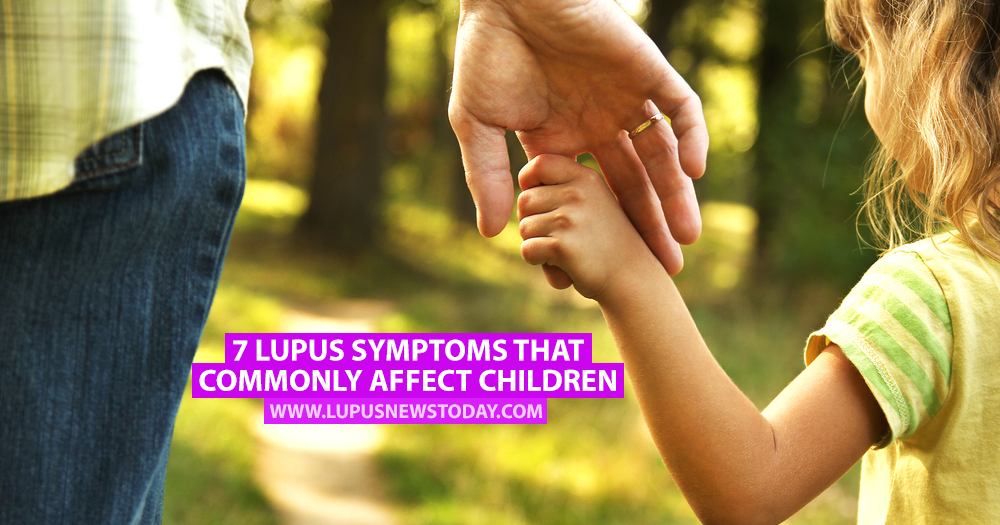7 Lupus Symptoms That Commonly Affect Children

Lupus is an autoimmune and chronic disease that can affect anyone at any age and gender. Even though it tends to affect mostly female adults, children can also develop lupus. Because the range of symptoms is so extensive, it can be very difficult to diagnose.
Children are affected in both visible and invisible ways. Visible symptoms may be unsettling but at the same time, invisible symptoms are no less uncomfortable and painful. Here are seven symptoms of lupus in children that you should be aware of:
MORE: How lupus is diagnosed
1. Hair loss
Starting to lose some hair can be a sign that something might be wrong with your child. Whenever you notice any kind of abnormalities concerning hair falling out, you should visit a doctor.
2. Rashes
Even though it can be normal for kids to develop rashes early in their lives, especially when they’re still discovering what they might be allergic to, recurring and severe rashes can be a sign that something more serious is developing.
3. Weight gain
While they’re growing, children experience weight fluctuations. Losing and gaining weight is not usually something parents need to be concerned about, but if your child is gaining a lot of weight, while still being active and maintaining a healthy diet, you should talk to your doctor.
MORE: How a nutritious diet can help while living with lupus
4. Bruising
Children get bruises all the time — bumps on the head and scratched knees are all part of growing up. But if your child bruises easily and is often bruised, talk to your doctor.
5. Muscle aches and joint pain
Even though muscle growth can cause pain, severe muscle aches and joint pain is something that parents should be aware of. Consider visiting the doctor if your child is experiencing recurrent joint pain.
6. Fatigue
Kids play all day and end up exhausted by the time the sun goes down…it’s totally normal. But they should have lot of energy on the days they haven’t been running around and burning calories playing. Constant fatigue is not normal in a healthy child and it could be a sign of lupus.
7. Memory loss
“Forgetting” to clean up after playing, tidy up their rooms, or put away their toys are all normal. But forgetting important things like the name of their teacher, what they did in school or where they keep their pyjamas are all things that you might want to be follow up on. If your child’s memory is not at its best, you should consider visiting the doctor.
MORE: Watch an inspirational story of a girl who decided to shave her hair off because of lupus
Lupus News Today is strictly a news and information website about the disease. It does not provide medical advice, diagnosis or treatment. This content is not intended to be a substitute for professional medical advice, diagnosis, or treatment. Always seek the advice of your physician or other qualified health provider with any questions you may have regarding a medical condition. Never disregard professional medical advice or delay in seeking it because of something you have read on this website.






